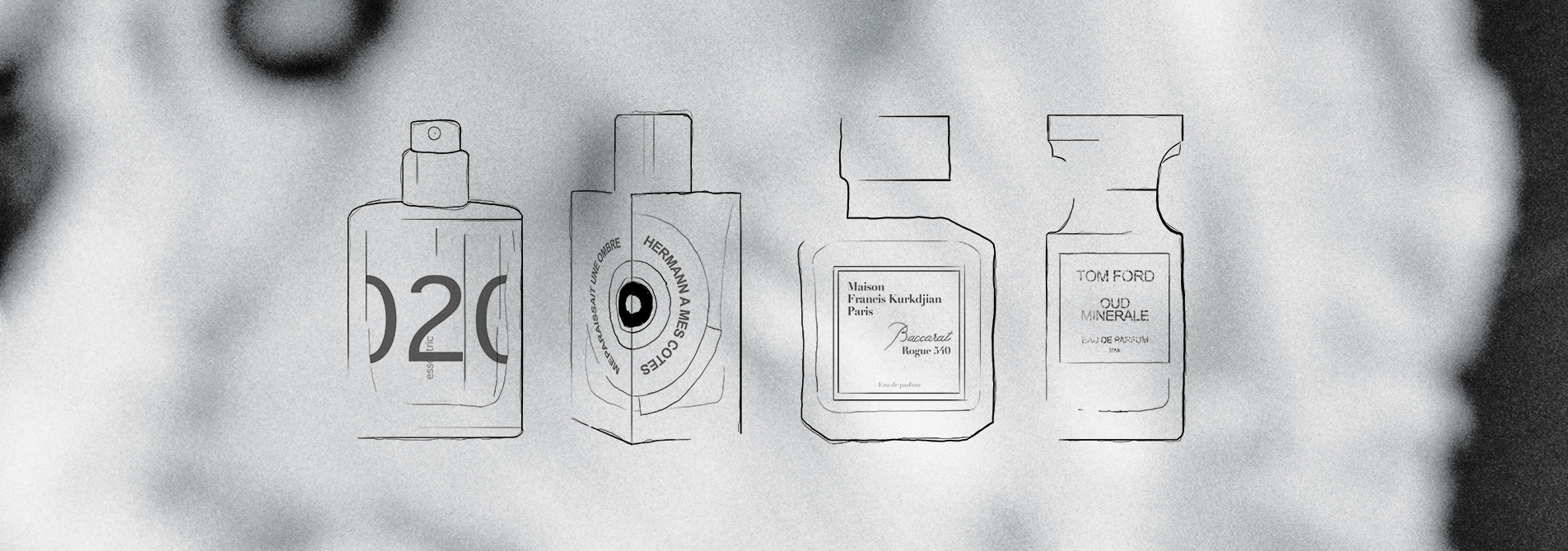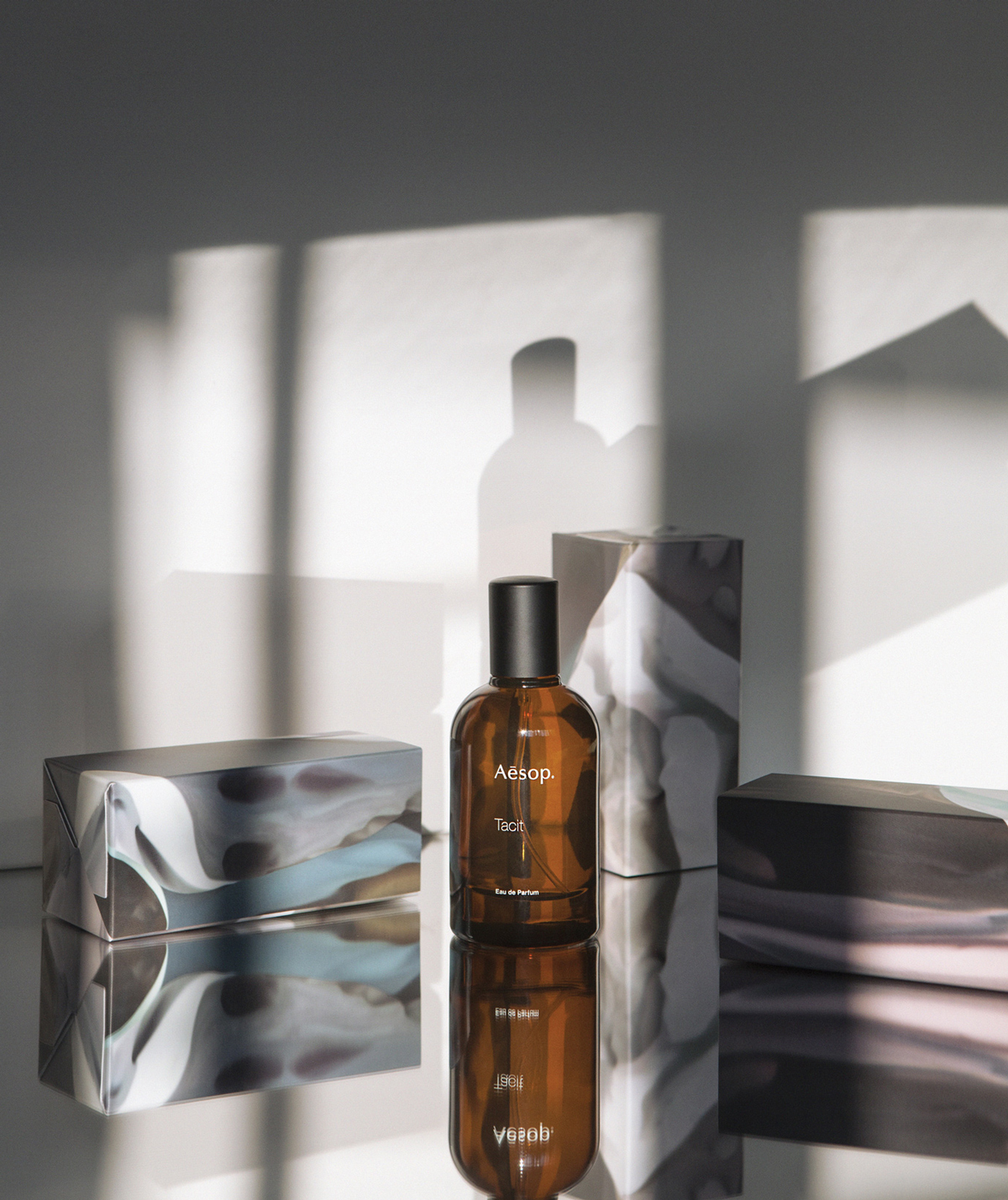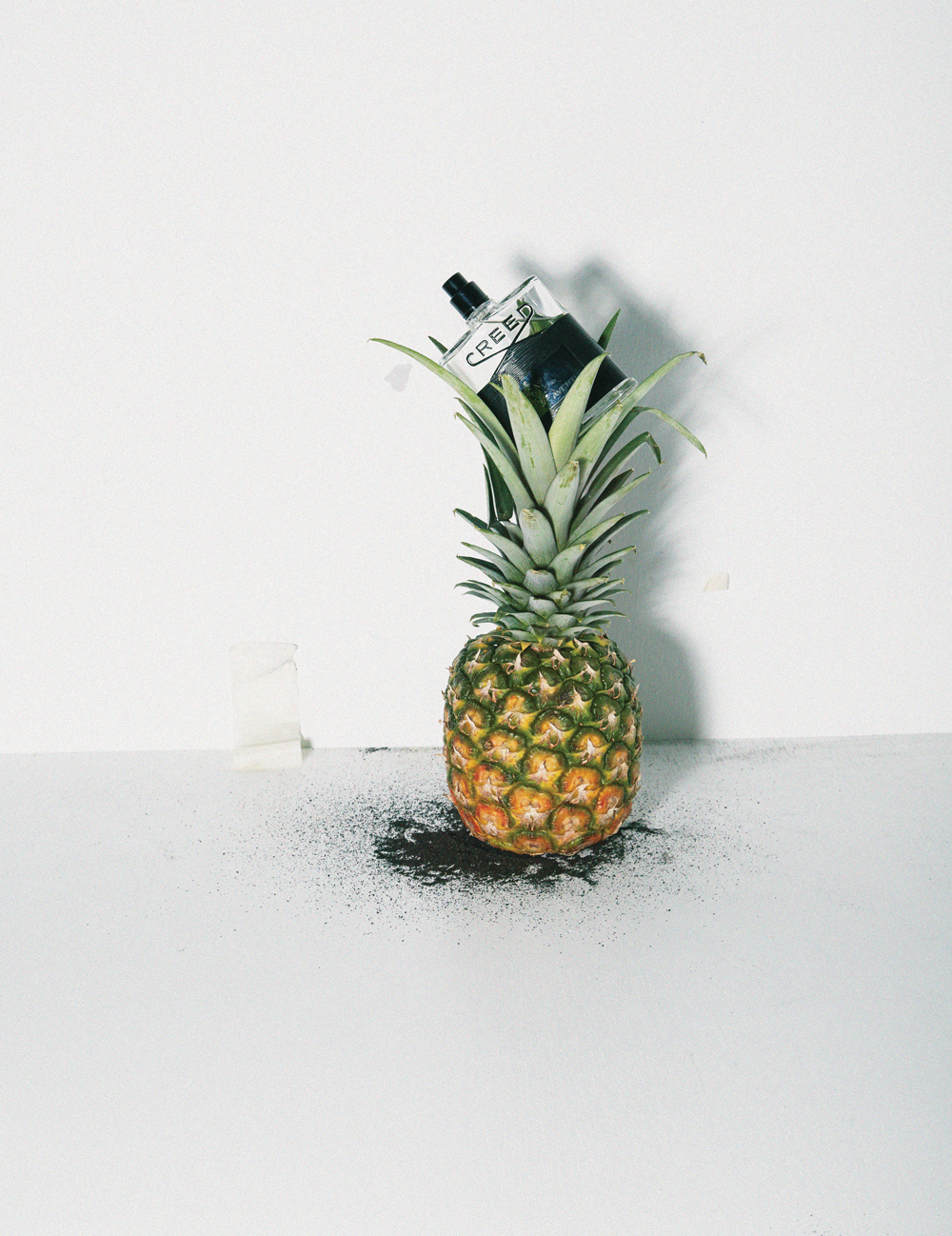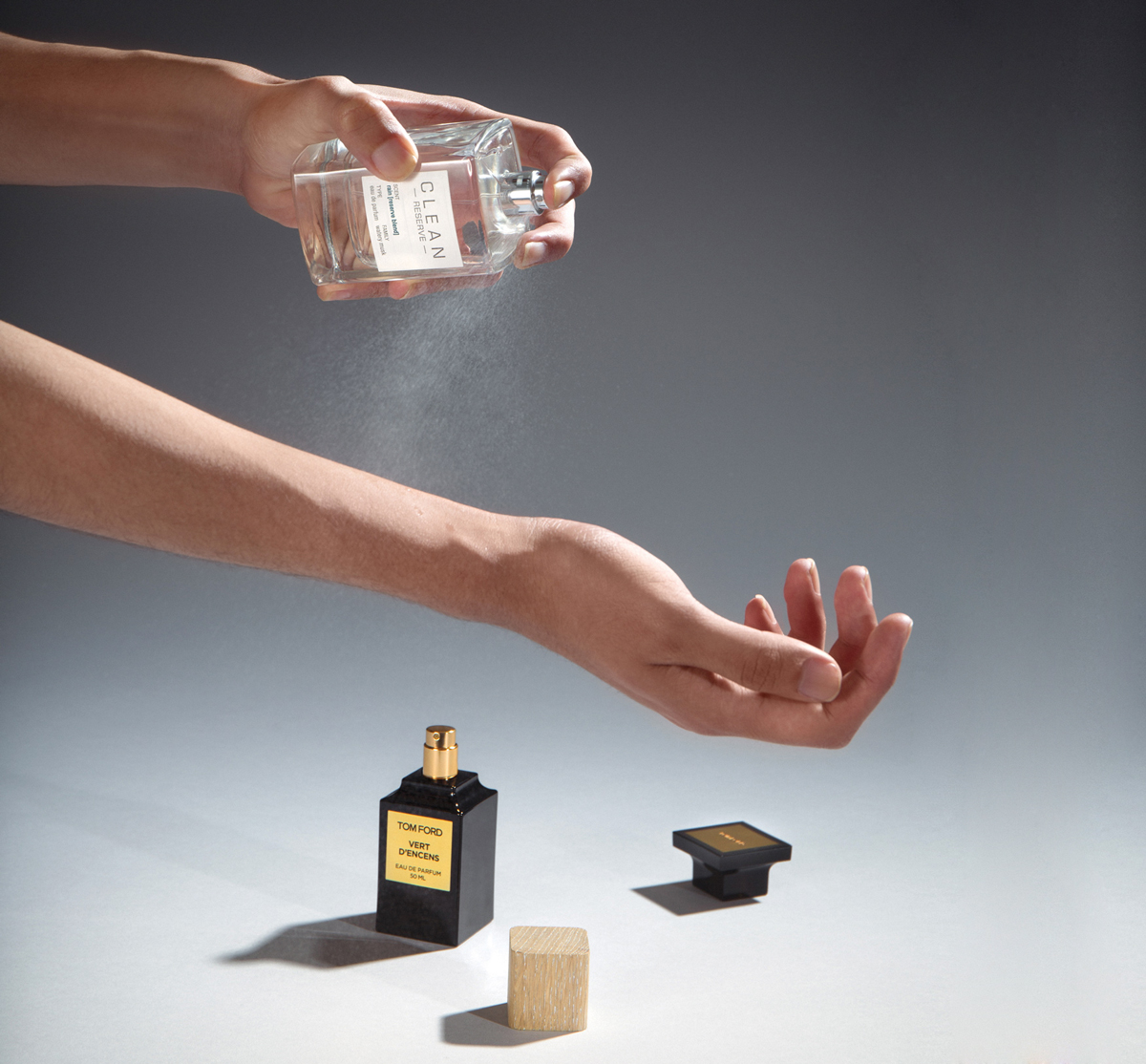The beginning of a fragrance is marked by its top notes. They unravel at the nape of your neck or flee upon a tousle of hair, each note falling like petals off a wildflower yawning open at daybreak. Then all the petals are gone, leaving behind signature traces of heart notes. Eventually, the heart gives way in the same manner to reveal the base notes that cling onto our clothing for hours, or even days on end. And in each note there might be a memory contained, waiting to begin.
A bottle of perfume, although often regarded by conduct of its sillage and three types of notes, is ultimately a synthesis of aromatic compounds and oils. And because smell is one of the most potent indexes of memory, perfumes may be assessed as bottled memory or portable archives of feeling. While aesthetic appreciation of fragrances is often carried out in terms of the distinction between longer-lasting base notes and the more evanescent top or heart notes, some fragrances seem to bear more complex forms of sillage. For such complex perfumes, the various notes follow a different trajectory where they unfold altogether, or perhaps at intervals: a possibly veritable metaphor for the nature of memory and time.
Like wandering through endless hallways of doors that each open to a perpetual loop, the endeavour of memory is that of a slippery passage through the maze of time. We are present when we open a door to a moment, yet invariably connected to other memories in this temporal intricacy. The anatomy of a complex fragrance is like a journey through these timeless, winding corridors; a time capsule that reels in the past to our present, melding different timelines in a single movement of air.
Could we think of all perfumes as complex, since every note is ostensibly present in the first instance? Or are we simply untrained to perceive all of them at a given moment? And might there be distinct and inscrutable patterns of smell that lie undetected? In any event, fragrances will always let us begin, again.
AMBROXAN / PEPPERWOOD
Every few days she would park herself at the end of a long shelf of books, nose in one, swallowed by the shade of a large armchair. There she spies on a familiar fixture, squinting through the great afternoon beams that spill in towering shafts onto the sun-bleached floorboards, all the while pretending to read. The person is as tall as the pepperwood shelves. He threads through the labyrinth of wrought timber, a reed amidst trees, his artless hands picking at shelves in the company of whispers, unintelligible; a vision blighted by the white noon.
The smell of old wood is unmistakable against sour foxing paper, but she cannot remember his face or if he ever once turned to her direction. She is holding a bottle of perfume and not a book. The light of the library falls away at her feet as her vision pulls back to the cool patch of skin between her wristwatch and sleeve.
GEOSMIN
Today began with the sky lapping at the window.
She never learned the word for the smell of rain, but she knew it in the way one anticipates their favourite treat: for her, served nice and cool on a blazing hot weekend. Her mother would throw a fit when she left her bedroom windows slightly open in the rain—but she always maintained that it would only ever happen in her own room. It did not matter if the rain fell in, because the smell was prettier than the cigarette smoke and stale alcohol issuing from her father’s study.
PETALIA / PEONY
She had brought her grandmother a cake of powder as a birthday gift. The powder was kept in a case that opened like an engagement ring box. It was of a traditional sort, that her grandmother always had at her vanity. Sometimes when her grandmother was not around she would pick the powder and surreptitiously apply it all over her arms and face, even though the old lady probably would not have minded in the least bit. She loved the powder because it smelt pretty, like delicate pink flowers. It was the smell she parted with every time she hugged her grandmother good night, right up till the last.
On the cover of the box was a picture of a pale, red-lipped lady in sleek coils of hair, flanked at the bottom by two flowers. She would later learn that they were Chinese peonies.
CALYPSONE
This was one of their weekend trips, always as arduous and memorable as a pilgrimage to a mountain shrine. She sits squashed in between her cousins and uncle at the back of her mother’s car. High voices caterwaul over the radio in Teochew dialect, the matrons in the front shrieking as if the passengers in the backseat were too far away to be even present at all. The car was awash in the scent of sharp, citrusy perfumes worn like heavy chainmail in the battle of wits.
The afternoon sun seemed to be incubating the air freshener atop the dashboard. Another relentless waft of smells float to the back of the car, hot and inflamed by the shrill voices. She felt her breakfast rise up the back of her throat.
ROSE
Bouquets of flowers are packed in large boxes stacked high outside the tiny flower shop. People file in and out of the tight space, taking turns to inspect the fridge for fresher sprigs and bunches. It is not her virgin experience buying flowers for people, but it is her first time in nearly two decades.
“These are the single stalks. They are from Kenya. Would you like one that has bloomed or do you prefer one that hasn’t?”
When she was seven, her school ran an affordable dollar sale on tiny roses for Mother’s Day. They had distributed the flowers to the students at recess and she was handed a rose that had not yet bloomed. She caressed the petals the rest of the afternoon, eager to run into her mother’s arms at the end of the day outside the school gate. Joy was all she was, knowing that she had saved a dollar for this momentous decision, a dollar being her pocket money for two days.
The bell rang and she placed the rose in a white plastic bag. On her way out she was caught in a throng of students. It was pouring; the air was thick and clammy with the smell of sweat and polyester and the ground was stained with wet footprints. When the swarm of students dispersed at the mouth of the school gate she made a beeline for her mother, plastic bag tinkling in the wind.
The rose was not in the plastic bag. She went back into the school in tears, retracing her path, but found nothing except wet footprints.
She chooses a rose in bloom, caressing the petals as she steps away from the shop.
**






